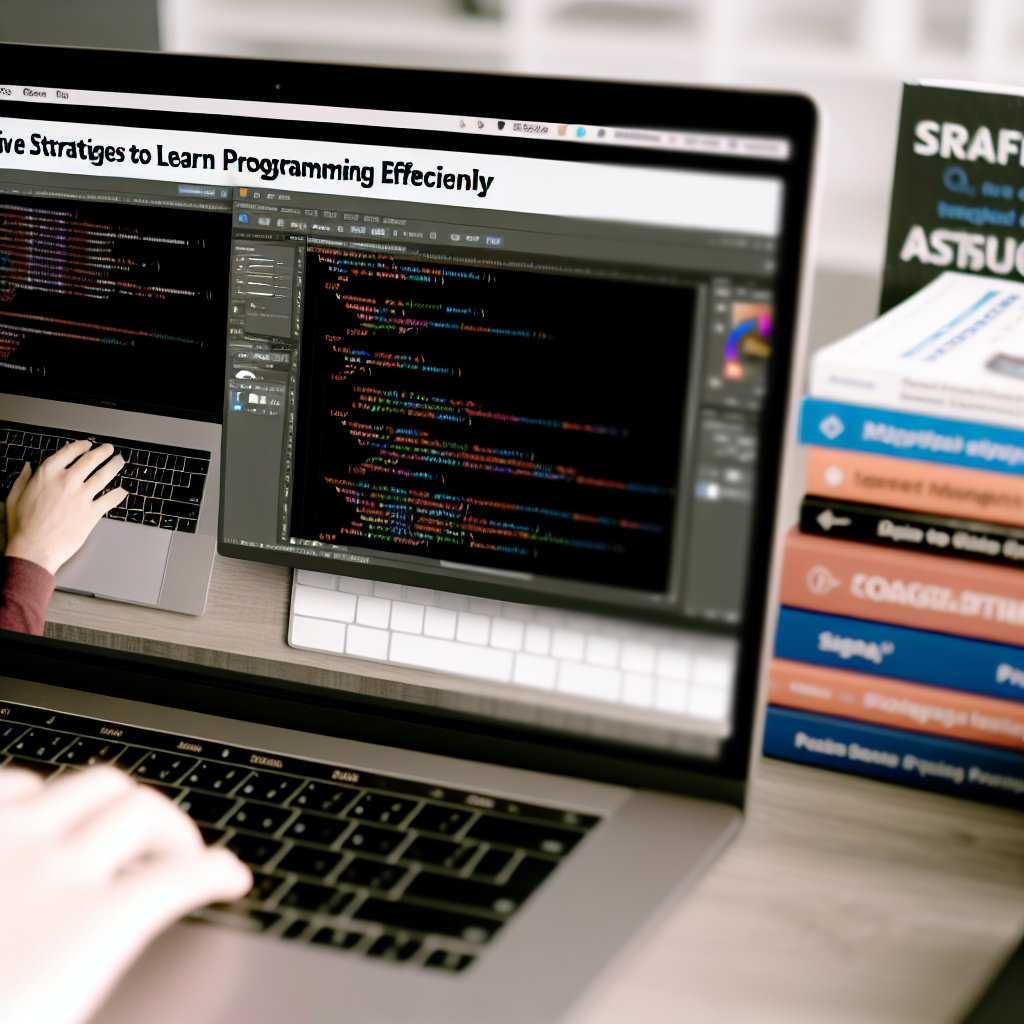Learning programming can be a transformative skill that opens doors to numerous career opportunities and personal projects. However, finding the most effective method to learn can be challenging with so many resources available. In this article, we will explore proven strategies to help you learn programming efficiently and confidently. Whether you’re a complete beginner or looking to improve your skills, these insights will guide you on your journey.
Focus on Project-Based Learning for Practical Skills
One of the most effective ways to learn programming is through *project-based learning*. This approach involves actively building real-world projects that align with your interests or career goals. Unlike passive methods such as just reading books or watching videos, hands-on projects encourage problem-solving, reinforce concepts, and help you understand how different programming elements work together.
Start by selecting manageable projects that match your current skill level, such as creating a personal website, a simple game, or a data analysis script. As you progress, increase complexity by integrating APIs, databases, or advanced algorithms. Working on tangible projects not only deepens your understanding but also builds a portfolio that can impress potential employers or clients.
Adopt a Consistent Learning Routine and Leverage Community Support
Consistency is key when mastering programming. Dedicate regular time slots—daily or weekly—to practice coding, study new concepts, and review your progress. Establishing a routine helps reinforce discipline and ensures continuous growth. Break down complex topics into smaller, manageable chunks, and set achievable goals to maintain motivation.
Equally important is engaging with *programming communities*, both online and offline. Platforms such as Stack Overflow, GitHub, Reddit, and coding forums provide valuable resources, peer support, and feedback. Participating in coding challenges, hackathons, or local meetups can accelerate your learning, expose you to diverse perspectives, and foster lasting connections with fellow developers.
In conclusion, mastering programming requires a blend of project-based learning, consistent practice, and community engagement. By actively building projects and maintaining a disciplined schedule, you develop practical skills that are essential for real-world applications. Additionally, connecting with others accelerates your progress and keeps you motivated. Embrace these strategies, and you’ll be well on your way to becoming a proficient programmer.
